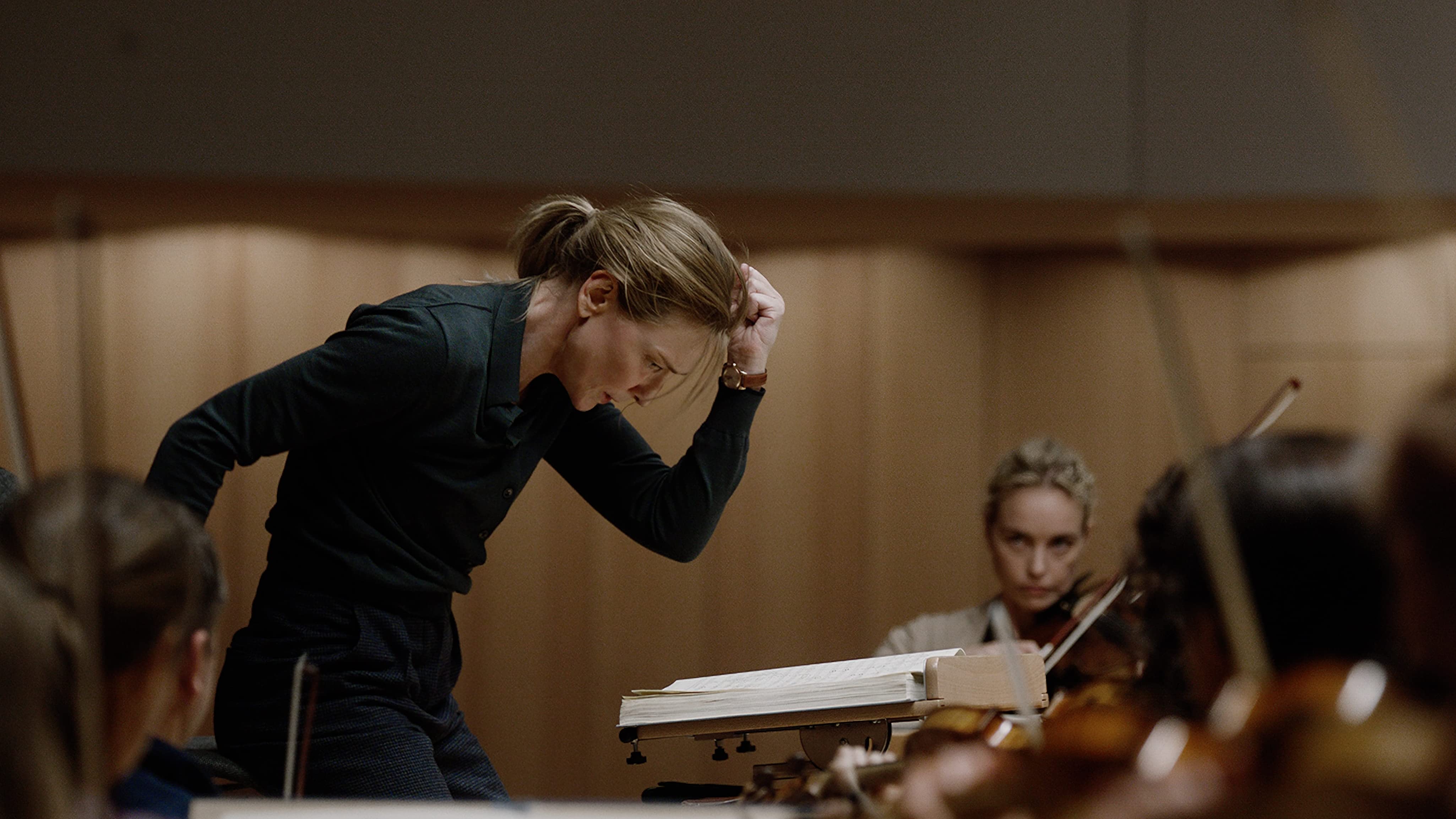NY Times classical editor attacks Rosenkavalier op-ed
mainZachary Woolfe, who appears to take his opinions from a colourful blogger, has issued the following tweet about yesterday’s op-ed on Rosenkavalier which was clearly not run past the arts section before publication.
Martha Nussbaum, as @parterre points out, has almost no idea what “Der Rosenkavalier” is about https://t.co/n6NGVl5h6B
— Zachary Woolfe (@zwoolfe) October 31, 2017
New Yorker’s Alex Ross seems to agree:
The real problem, beyond Nussbaum’s misreading of R-kavalier, is her special pleading for Shakespeare. One art is suspect, the other sacred. https://t.co/V4sQHlaIo5
— Alex Ross (@alexrossmusic) October 31, 2017
Any other opinions, or is this the party line?






Comments